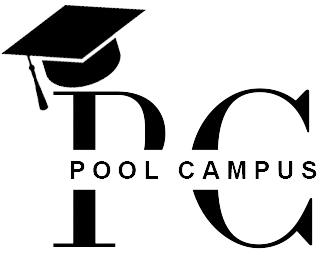Massachusetts Institute of Technology (MIT)
Overview
The Massachusetts Institute of Technology (MIT) is a private research university in Cambridge, Massachusetts, United States. Established in 1861, MIT has played a significant role in the development of many areas of modern technology and science.
Founded in response to the increasing industrialization of the United States, MIT adopted a European polytechnic university model and stressed laboratory instruction in applied science and engineering. MIT is one of three private land-grant universities in the United States, the others being Cornell University and Tuskegee University. The institute has an urban campus that extends more than a mile (1.6 km) alongside the Charles River, and operates off-campus facilities including the MIT Lincoln Laboratory, the Bates Center, and the Haystack Observatory, as well as affiliated laboratories such as the Broad and Whitehead Institutes.
As of October 2024, 105 Nobel laureates, 26 Turing Award winners, and 8 Fields Medalists have been affiliated with MIT as alumni, faculty members, or researchers. In addition, 58 National Medal of Science recipients, 29 National Medals of Technology and Innovation recipients, 50 MacArthur Fellows, 83 Marshall Scholars, 41 astronauts, 16 Chief Scientists of the US Air Force, and 2 foreign heads of state have been affiliated with MIT. The institute also has a strong entrepreneurial culture and MIT alumni have founded or co-founded many notable companies. MIT is a member of the Association of American Universities
Massachusetts Institute of Technology (MIT) Course Offerings
MIT, renowned for its innovation and leadership in education and research, offers an exceptional range of undergraduate and graduate programs. Its interdisciplinary approach fosters learning across boundaries to solve complex global challenges.
Schools and Departments
MIT’s academic programs are organized into five schools:
- School of Engineering: Leading programs in computer science, mechanical engineering, AI, robotics, and bioengineering.
- School of Science: Courses in physics, chemistry, biology, mathematics, and earth sciences.
- School of Architecture and Planning: Focus on architecture, urban studies, media, and design.
- MIT Sloan School of Management: MBA, executive education, and finance programs that shape business leaders.
- School of Humanities, Arts, and Social Sciences: Diverse offerings, including economics, political science, and literature.





